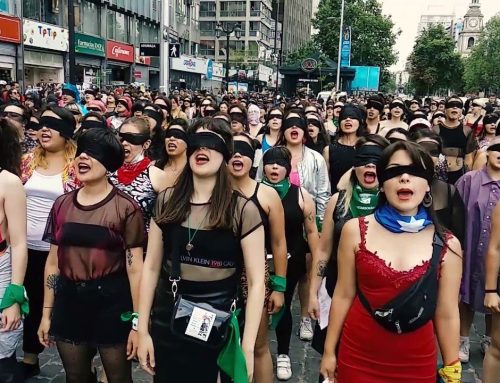It is neither possible nor therapeutically productive to compare levels of pain and suffering between victims of various crimes and oppressions, but it is certainly necessary to name the unique factors contributing to the harm of sexual violence. It seems that communities and individuals are more comfortable talking about domestic violence than sexual violence. From a clinical perspective, all forms of physical trauma have similar somatic symptoms; the body is the target of the violence, and it responds in ways that can be difficult for survivors to understand and accept. Unfortunately, both of these crimes have been pervasive in our society and are often complexly interwoven. While not all sexual assaults happen in a domestic violence context, many domestic violence situations also involve rape as a weapon for control. If one in six men and one in four women had been sexually assaulted (and as always statistics are tricky), that means that almost everybody is directly (as a primary victim), or indirectly (as secondary victim or perpetrator), affected. Still, talking about sexual assault seems to be too big of a taboo. Part of the explanation is, as always, cultural and political. Media and advertising portray women as “weak,” passive objects to posses who have no opinion and do not know what they want; whereas men are depicted as “strong” and animalistic, acting through biological needs that cannot always to be controlled. Any other individual who does not fit within the gender binary is more likely to be a target of sexual violence. Strangely, violence seems to be more accepted in movies and TV shows than consensual sexual content. In my view, the movie rating system is totally reversed as it shows that violence is OK, but that sexuality and intimacy are something to hide and of which to be ashamed of. What is this telling us about pleasure and intimacy? How can we provide good education around boundaries and healthy intimacy when the culture itself does not want to even look at it? I also believe that because of the lack of education and the level of vulnerability involved, sexuality in mainstream US culture has a lot of shadows that individuals have trouble exploring and working through. Sexual misuse (if not abuse) seems to be much more close home, in which fantasies, cultural images and lack of education about pleasure, vulnerability and respect, are a bag that all of us hold tighter or loser. Unless we dare to explore our shadows and dark spots, unless we want to look at these issues and disrupt the cultural myths, it is going to be difficult to overtly talk about sexual assault and healthy relationships.





Leave A Comment
You must be logged in to post a comment.